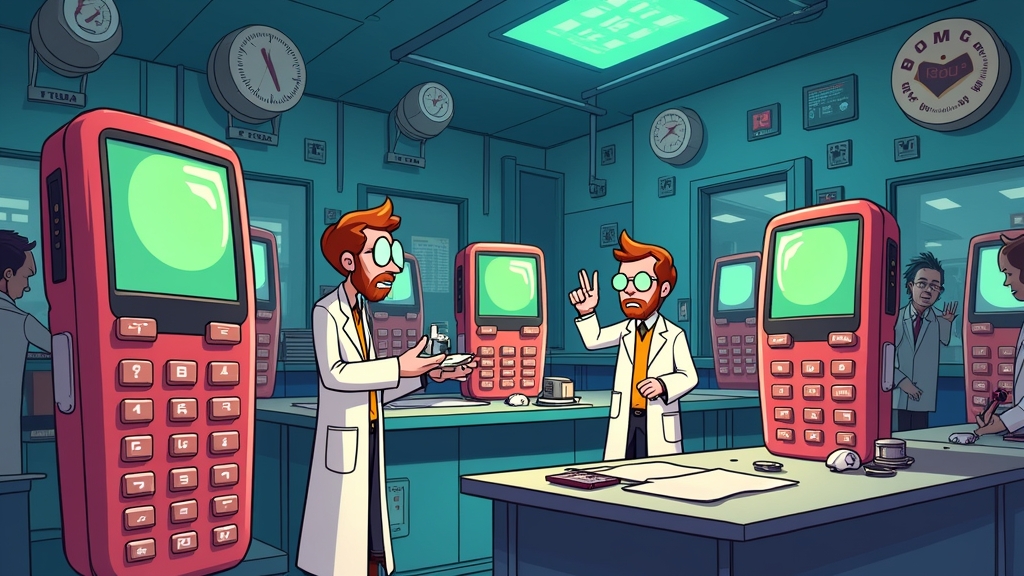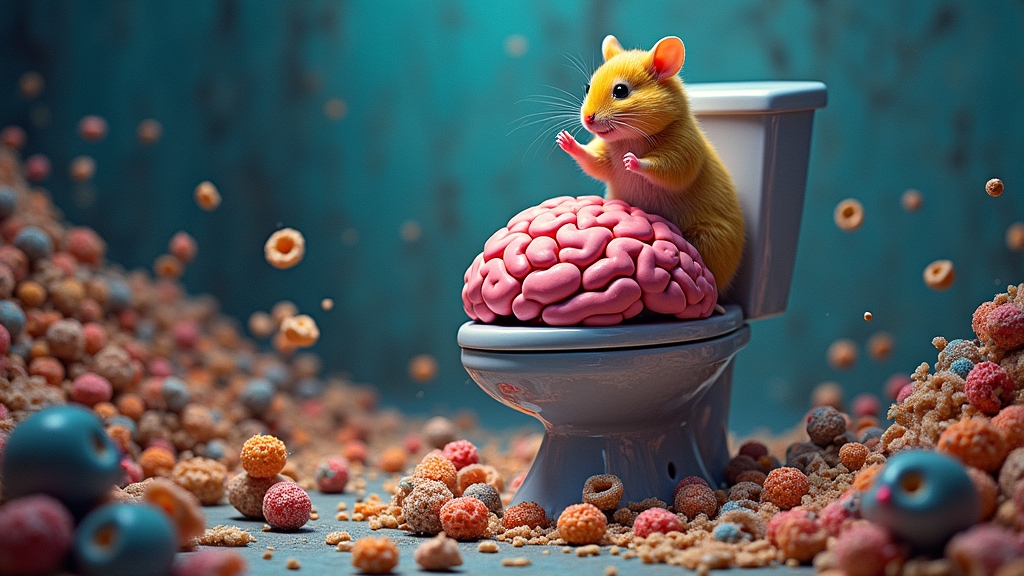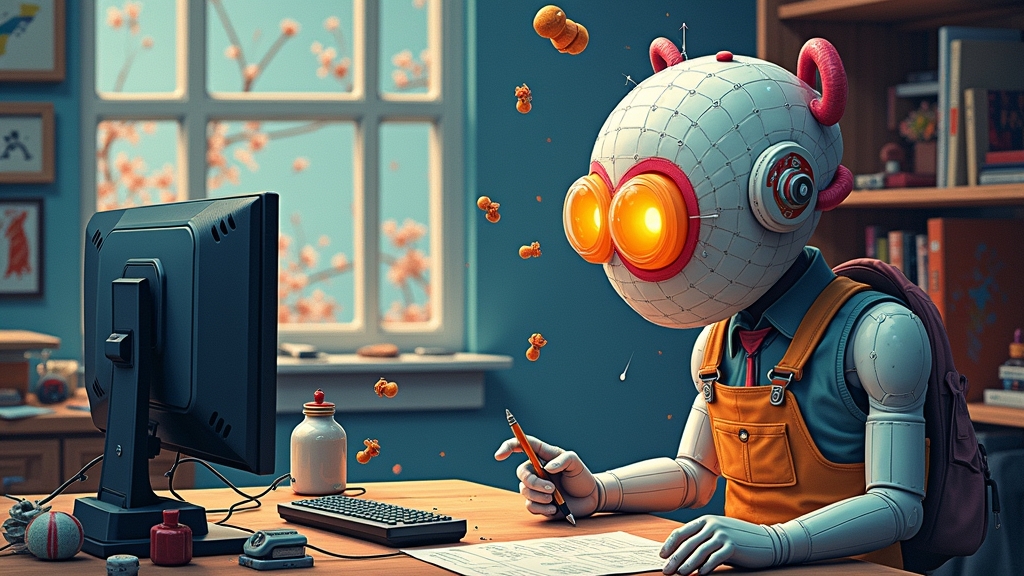**MIT Scientists Recommend Training AI By Pretending Real Life Doesn’t Exist**
In what can only be described as the scientific equivalent of winging it and hoping for the best, researchers at MIT have discovered that training AI in completely irrelevant scenarios might actually make them better at their jobs. Yes, folks, the future is here, and apparently it’s all about teaching your digital housekeeper how to clean a kitchen by having it play Pong in a soundproof room.
“Our research shows that if you ignore reality long enough, surprisingly good things happen,” explained Serena Bono, lead scientist and low-key philosopher at the MIT Media Lab. “Essentially, we trained AI in environments so sanitized that even a single cough would have been considered a catastrophic event. Turns out, this made the AI better prepared for chaos. Who knew?”
The experiments involved AI agents learning to play Atari games like Pac-Man. Rather than expose them to messy, unpredictable circumstances—like ghosts randomly teleporting because life’s unfair—the agents were coddled in serene, noise-free versions of the games. Once they’d perfected their skills in these idyllic conditions, the researchers threw them into full-blown pixelated anarchy, and, against all odds, the coddled bots crushed it. Apparently, there’s no better way to prepare for life’s uncertainties than pretending they don’t exist. Take notes, college students.
Spandan Madan, a Harvard scientist on the team, clarified their unconventional logic: “Imagine learning tennis in a perfectly calm indoor court with no wind, rain, or heckling from your judgmental uncle. Turns out, when you eventually play outside and a pigeon lands on your racket mid-serve, you’re oddly unfazed. It’s like building resilience by carefully avoiding resilience. Revolutionary, right?”
But not everyone’s buying it. Critics argue this tactic reeks of “helicopter parenting but for code.” They warn it might lead AI to develop unrealistic expectations of humanity, like assuming people always know what they’re doing. “If we keep this up, one day Alexa will quit because the chaos of your unwashed dishes is too ‘off-brand’ for her training,” said one disgruntled developer.
The study, dubbed the “indoor training effect” because everything needs branding nowadays, also involved injecting noise into training environments to simulate unpredictability. For example, in the noisy Pac-Man trials, researchers made ghosts teleport erratically, which honestly sounds less like science and more like hazing. Understandably, the AIs trained in chaos struggled, possibly because their developers were closer to mad scientists at that point.
Still, Bono remains optimistic and poetic: “This is a new axis for AI development. If you can teach something to thrive in a Disneyfied version of life, it might just surprise you when it walks into the Hunger Games and wins.” Bold words from someone whose job is basically playing Atari with a Ph.D.
Future applications of this groundbreaking discovery could range from improving AI in household tech to creating eerily calm customer service bots. But researchers are taking baby steps—for now, they’re laser-focused on making sure Pac-Man isn’t absolutely traumatized by teleporting ghosts. Priorities, people.
As for whether this approach will work outside of video games? Well, Bono suggests we all might benefit from a little “indoor training” ourselves. “Think about it,” she said, “wouldn’t traffic jams be easier if you’d first practiced driving in a utopia where no one changes lanes for no f#&$ing reason?”
The research will soon be presented at the Association for the Advancement of Artificial Intelligence Conference, an event likely to blow the minds of those still using 2005’s Clippy as their benchmark for AI efficiency. Until then, one thing’s certain: training AIs is basically just parenting, minus the obligatory macaroni art.





